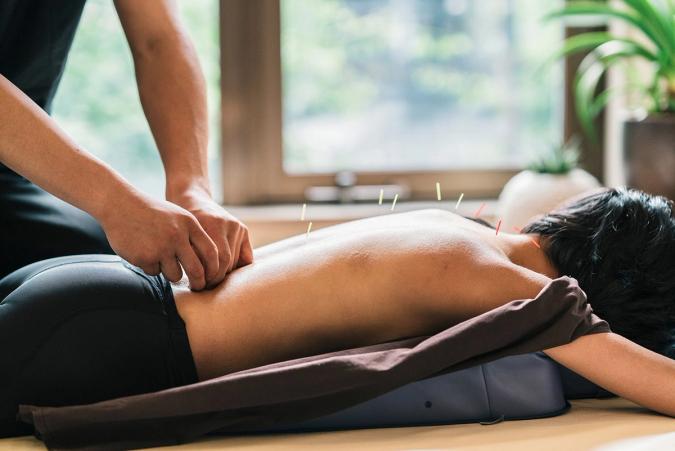question
what are some coping strategies for chronic arthritic pain?
Living with chronic arthritic pain can be challenging, but there are several coping strategies that may help you manage your discomfort and improve your quality of life. Here are some effective approaches based on the information in my sources:
1. Stay Active with Appropriate Exercise
Engaging in regular physical activity is crucial for managing arthritis pain. Research indicates that appropriate exercise can:
- Reduce pain: Regular movement helps keep your joints flexible.
- Strengthen muscles: Stronger muscles provide better support for your joints.
- Improve sleep: Physical activity can enhance your overall sleep quality.
- Reduce stress: Exercise is a natural stress reliever.
Consider activities like walking, swimming, or tai chi. It’s advisable to consult a health professional, such as a physiotherapist or exercise physiologist, to develop a suitable exercise program tailored to your needs.
2. Utilise Heat and Cold Therapy
While the benefits of heat and cold treatments for arthritis are not fully proven by research, many people find them soothing. Here’s how to use them effectively:
- Heat therapy: Applying a warm bath, heat pack, or hot water bottle to the painful area for about 15 minutes can help relax muscles and improve blood circulation.
- Cold therapy: Using ice packs or cold compresses for 15 minutes can numb the painful area and reduce swelling, especially during flare-ups.
Always ensure your skin returns to normal temperature before reapplying to prevent tissue damage. Consult your doctor or physiotherapist to determine which method is best for you.
3. Practice Relaxation and Mindfulness Techniques
Managing the mental aspect of pain is just as important as addressing the physical symptoms. Techniques that may help include:
- Deep breathing: This can help reduce stress and muscle tension.
- Guided imagery: Visualising calming scenes can distract from pain.
- Progressive muscle relaxation: Tensing and relaxing different muscle groups can alleviate tension.
Mindfulness-Based Stress Reduction is another structured program that can help you become aware of unhelpful thoughts and learn how to respond to them. You may find it beneficial to work with a psychologist to learn these techniques.
4. Consider Complementary Therapies
Some people find relief through complementary therapies, although scientific evidence may be limited. These include:
- Massage: While studies are limited, some individuals report temporary improvements in pain and mobility. Ensure your massage therapist has experience with arthritis.
- Acupuncture: This ancient practice may help block pain signals. Results can vary, so discuss this option with your healthcare provider.
- Transcutaneous Electrical Nerve Stimulation (TENS): A TENS machine delivers mild electric pulses to block pain messages. Consult a physiotherapist to learn how to use it effectively.
5. Maintain a Healthy Lifestyle
Adopting healthy habits can significantly impact your pain management:
- Healthy diet: Eating a balanced diet rich in fruits, vegetables, whole grains, and lean proteins can help maintain a healthy weight, reducing pressure on your joints.
- Weight management: Excess weight can exacerbate arthritis pain, particularly in weight-bearing joints. Maintaining a healthy weight can alleviate some symptoms.
- Quit smoking: Smoking can contribute to the development of certain types of arthritis and may hinder the effectiveness of medications. If you smoke, consider seeking support to quit.
6. Build Your Healthcare Team
Creating a supportive healthcare team can enhance your pain management strategy. Allied health professionals, such as:
- Physiotherapists: They can prescribe exercises and stretches tailored to your condition.
- Occupational Therapists: They can help you find ways to perform daily activities safely and efficiently.
- Podiatrists: They can provide care for foot-related arthritis pain.
A GP Management Plan can also help coordinate your care and provide access to allied health services.
7. Stay Socially Connected
Living with arthritis can affect your social life. Staying connected with friends, family, or support groups can provide emotional support and help you cope with pain. Engaging in hobbies or activities you enjoy can also be beneficial.
8. Take Medications Wisely
Adhering to your prescribed medication regimen is essential. Speak with your healthcare provider about any side effects or concerns you may have. They can help you find the right medications to manage your pain effectively.
Conclusion
While chronic arthritic pain can be overwhelming, implementing these coping strategies can empower you to take control of your pain management. Remember, what works for one person may not work for another, so it may take time to find the right combination of techniques for you. Always consult with your healthcare professional before starting any new treatment or therapy to ensure it is safe and appropriate for your situation.
This information is not a substitute for professional medical advice, diagnosis or treatment. Always consult a registered healthcare professional about matters that affect your health. Clara uses artificial intelligence to generate general information for personal educational purposes only, not intended to be a management plan and it may contain errors, inaccuracies or may oversimplify concepts.






